The lawyer who sent in this opinion wrote that it will “make you pee in your pants laughing.” Maybe he was just caught up in the spirit of the opinion, which begins:
This case decides the heretofore undecided question of whether the act of defecating in one’s pants upon being informed of a pending criminal charge is a relevant fact for the jury.
That’s a heckuva way to get your reading audience’s attention. Here’s what happened:
The prosecutor elicited testimony from the arresting officer that, upon being informed he was under arrest for sexual child assault, the defendant defecated in his pants (although he denied doing so at trial). Defense counsel objected on relevancy grounds and the judge sustained the objection. The judge told the jury to disregard the comment. Oh yeah, I’m sure the jurors were able to just completely forget that little tidbit.
The defendant appealed, asserting a mistrial should have been granted. On appeal, the prosecutor argued that the defendant’s unseemly accident was admissible as an “excited utterance” under the rules of evidence.
“Excited utterance” is an exception to the rule the bars the introduction of hearsay testimony. Hearsay–that is, statements made outside of court–are, subject to many exceptions, barred because they are deemed untrustworthy. The basis for admitting an excited utterance into evidence is the belief that statements made under shock or surprise are likely to be trustworthy.
Judge Hardberger, writing for the Texas Court of Appeals, did an admirable job of fairly identifying the conflicting inferences that could be drawn from the alleged act by the defendant. After rejecting defendant’s argument that the act had no relevance, he wrote:
On the other hand, defecation in one’s pants upon arrest does not necessarily indicate guilt. Such an act could be evidence of the innocence of a man accused of a heinous crime he didn’t do … Granted, it could also be the act of a guilty person being found out. Or it could simply be the act of a man sick to his stomach.
The court determined that the trial judge’s instruction to the jury to disregard the testimony cured any possible error.
— Marles v. State, 919 S.W.2d 669, 670–71 (Tex. Crim. App. 1996). Thanks to David Keller.


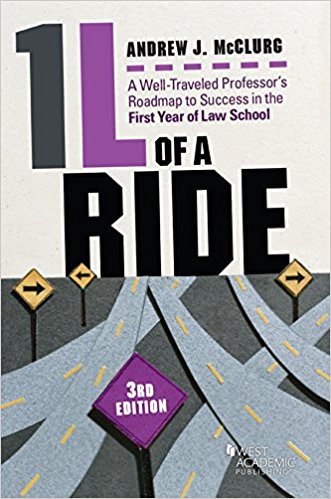
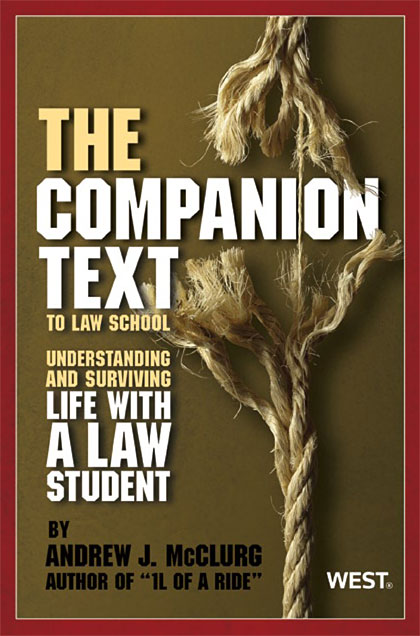




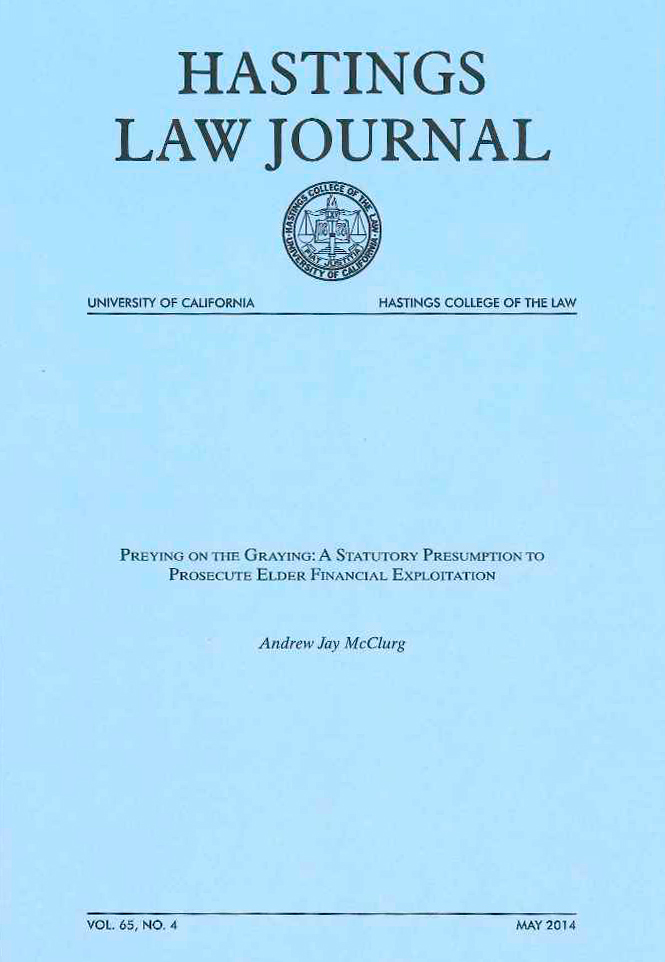
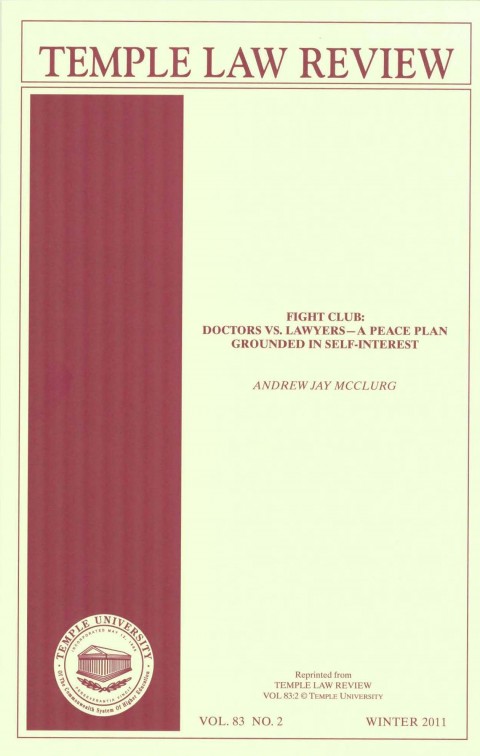
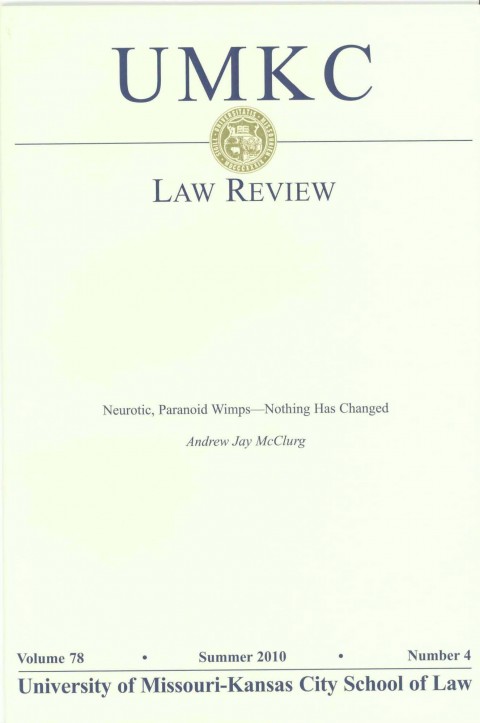
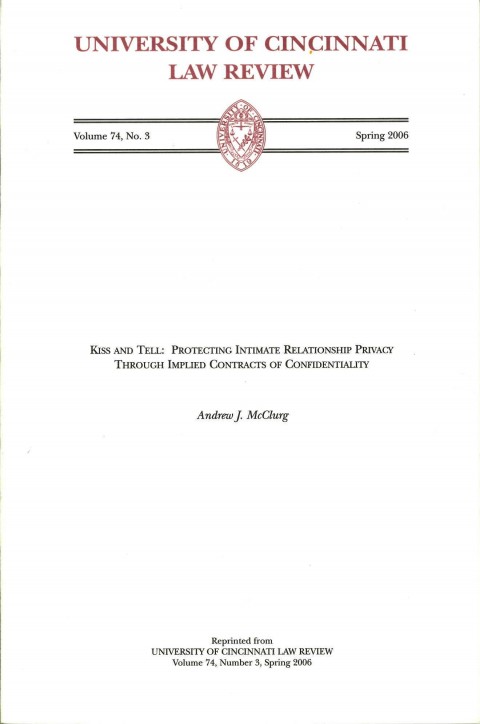
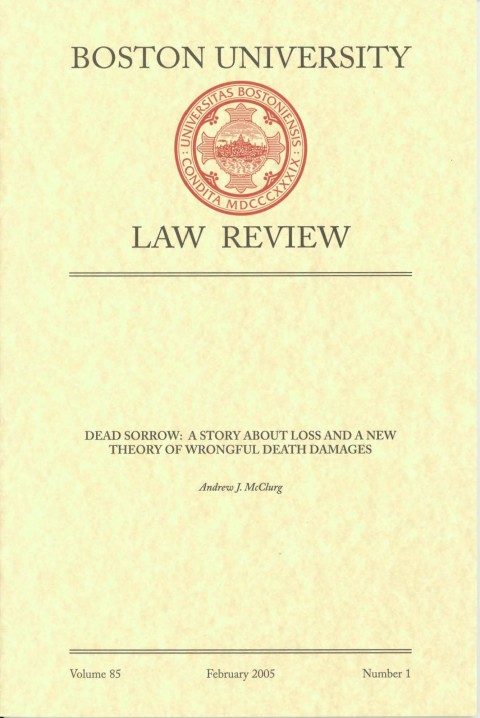
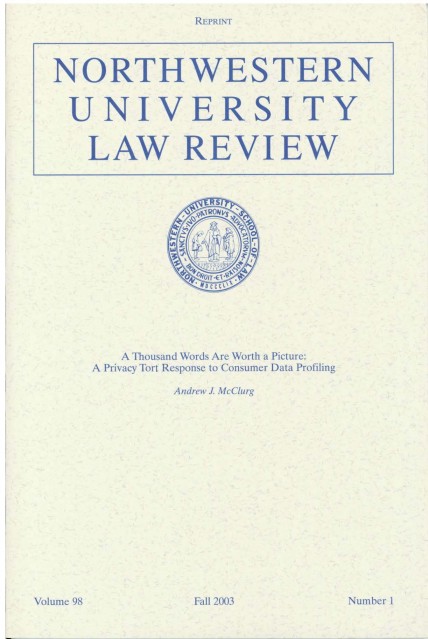
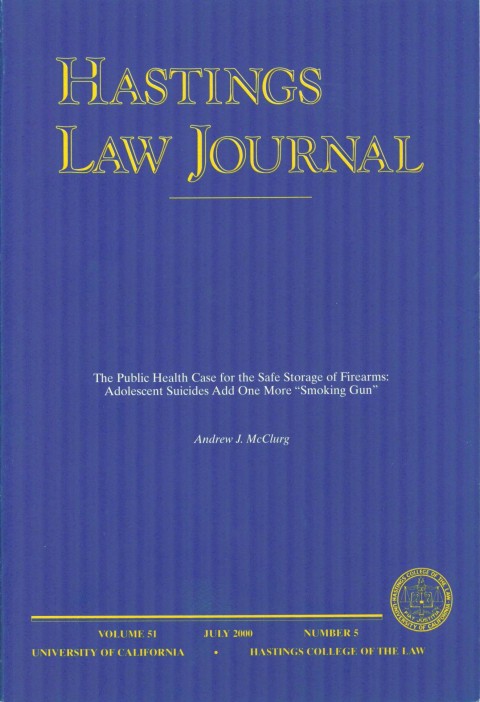
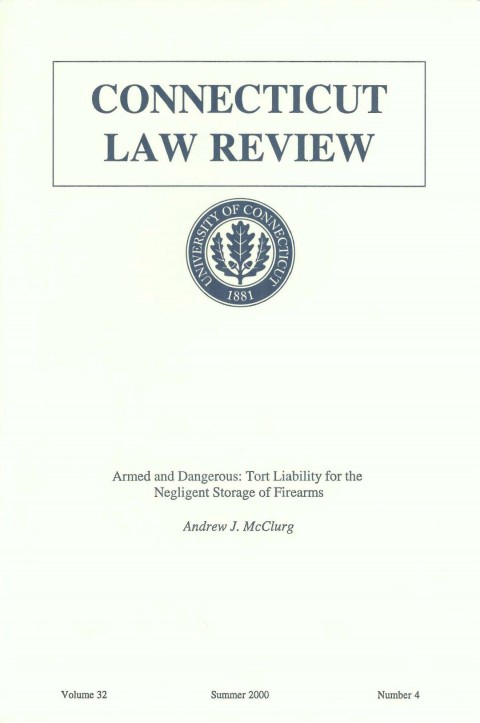
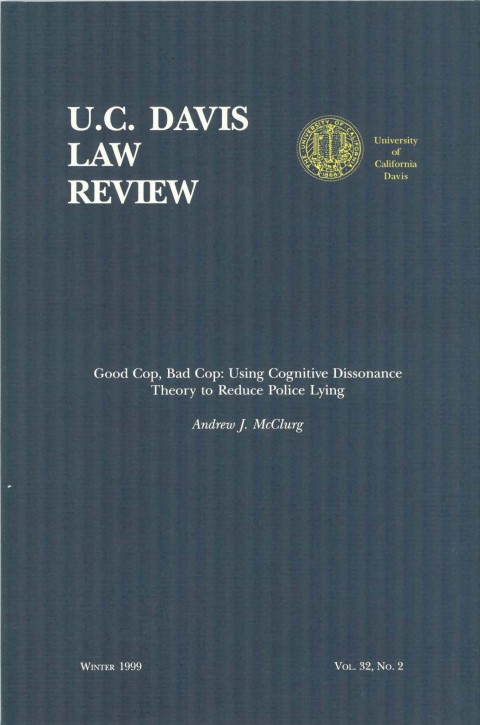
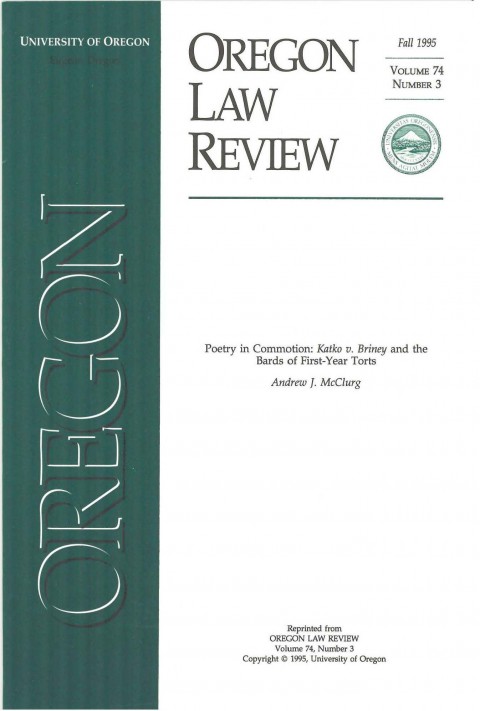
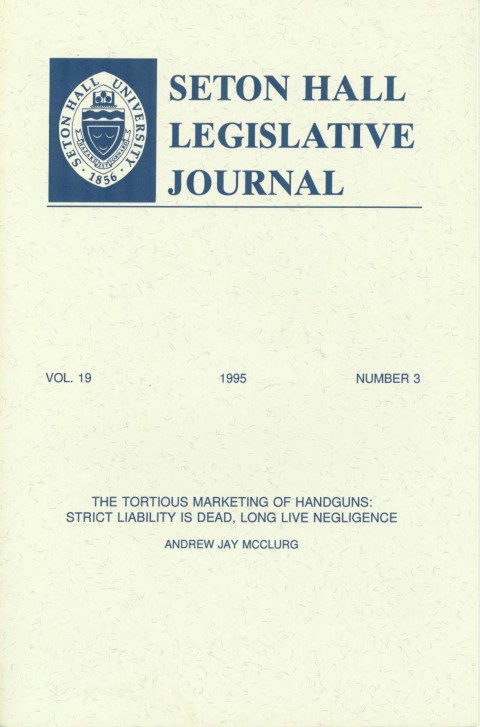
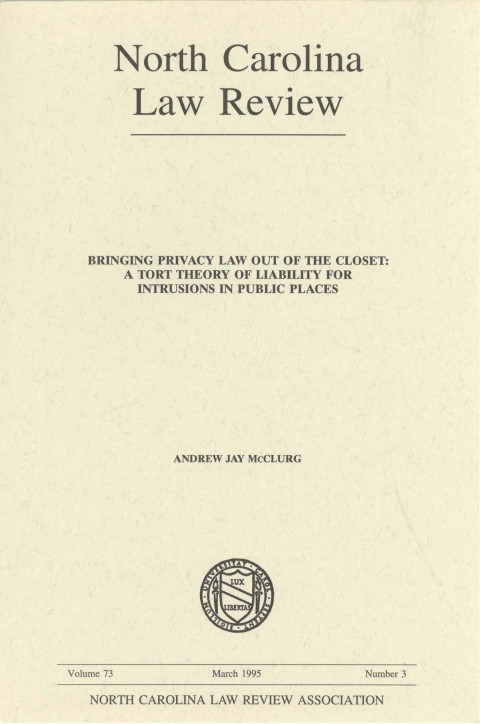
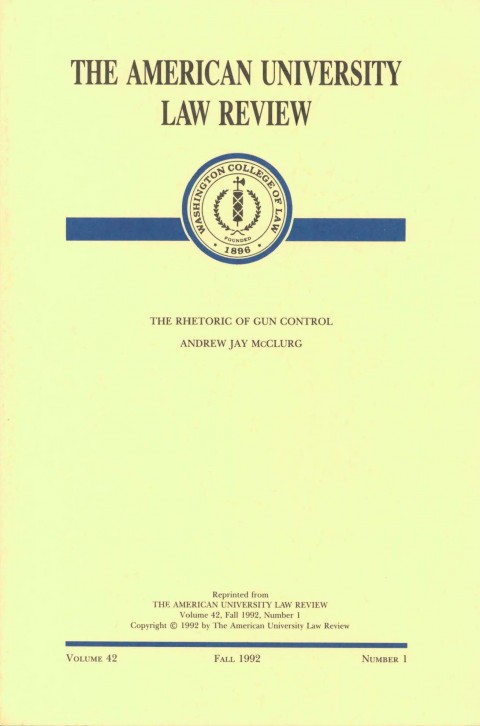
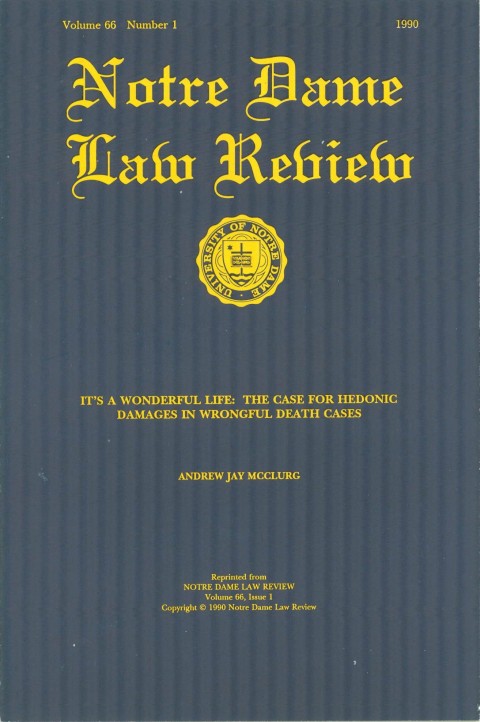
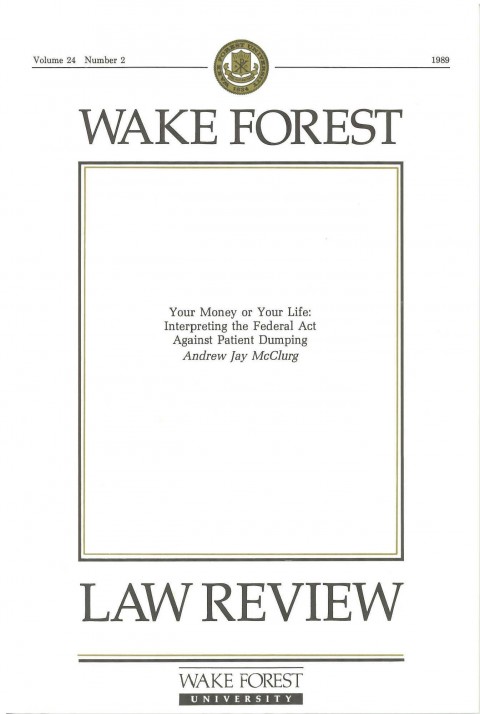
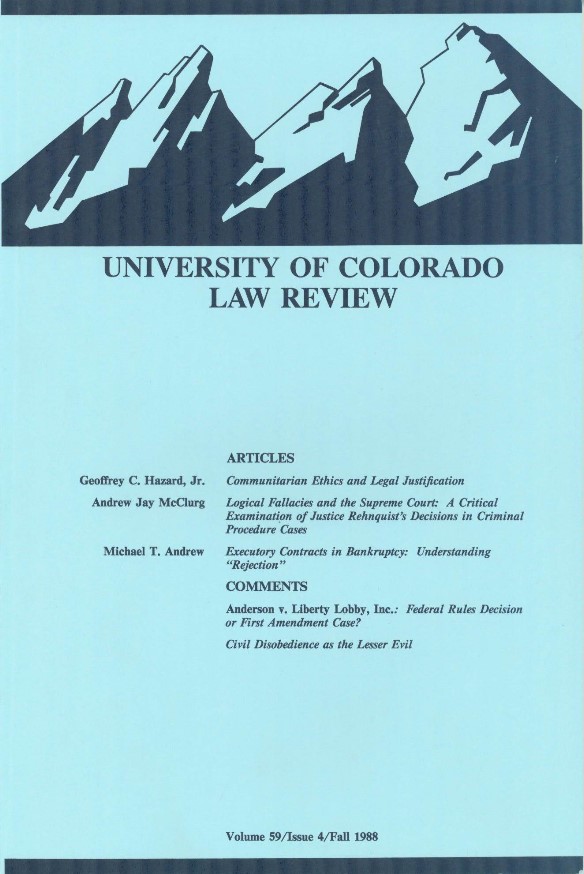
Leave a Reply